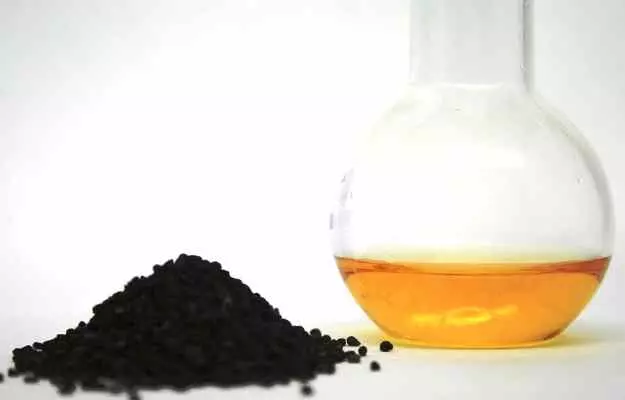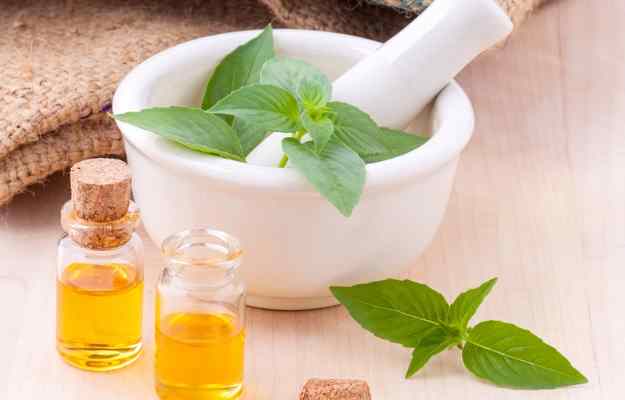Amongst the many herbs and seeds used in the traditional medicine, Nigella seeds and nigella seed oil hold special value. You know it is an excellent healer when it is called “panacea” or 'all heal' in Latin. In fact, nigella seed oil is in use since ancient times for the treatment of various diseases and the seeds have been found in the tomb of Egyptian pharaohs.
With the advent of keto diets, detoxifications and organic foods, nigella seed oil has slowly crept out of the tombs to become a rage once again.
But what makes it so special?
Studies indicate that nigella oil has various active compounds including thymoquinone, which makes it the medicinal marvel, or the all heal as it is known today. What are these benefits? You may ask. This article will answer all your questions regarding nigella seed oil and much more.
But before we begin, it is only good to know what exactly is black seed oil?
Nigella seed oil is a dark coloured liquid extracted from the seeds of Nigella sativa, which are also known as kalonji or black seeds. It is the same kalonji that is added in pickles and some of the yummy traditional recipes.
Popularly known as black cumin, nigella seeds are way different from cumin in that they taste a bit more bitter than cumin. Some people link their flavour to oregano or thyme. Just like seeds, the oil also has a strong taste with a peppery undertone. So, instead of using it as cooking oil, it is more commonly used in flavouring.
Here are some basic facts you should know about nigella seeds:
- Botanical name: Nigella sativa
- Family: Ranunculaceae
- Common name: Nigella seeds, black seeds, kalonji, black cumin
- Parts used: Seeds, oil
- Native region and geographical distribution: Nigella plant is a native to Southeast Asia, North Africa and Southern Europe. It is widely cultivated in India, Pakistan, Turkey, Syria and the Middle East.












